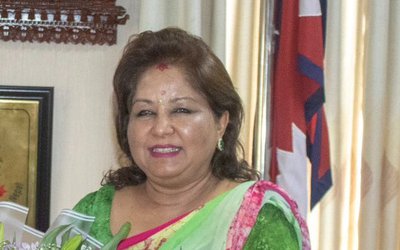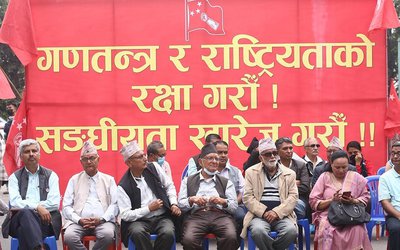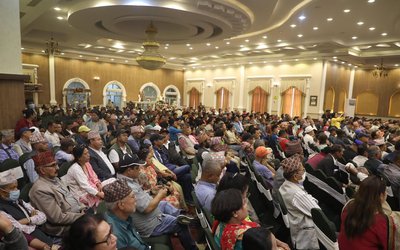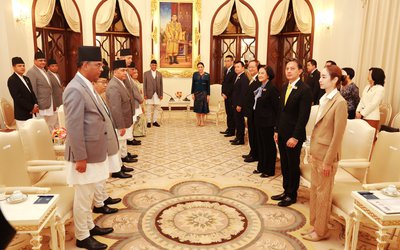More on News






The Carter Center urges all parties to recommit to the spirit of consensus upon which the peace process and constituent assembly are founded and to find broadly acceptable compromises to bring constitution-making to a successful close.
According to a press release issued by Carter Center, in recent weeks, as the Jan. 22 deadline to promulgate a new constitution approaches, Nepal’s constitution-making process has become increasingly polarized.
State restructuring, in particular state boundaries and names, remains the most contentious issue confronting the constituent assembly. Inability to reach consensus on state restructuring is among the main reasons the first constituent assembly was dissolved, and failure to reach agreement in the current assembly risks undermining the historic achievements of the peace process and constitution-making to date.
Leadership on difficult constitutional issues offers the government and senior party leaders the opportunity to recommit to honoring important milestones of the peace process, especially those that address the long-term drivers of conflict in Nepal by broadening participation and addressing the needs of historically marginalized and economically deprived groups.
“Following the Nov. 19, 2013, constituent assembly election, citizens and political leaders expressed optimism that agreement on state restructuring would be possible and that the tensions that preceded the dissolution of the first assembly in May 2012 could be avoided,” said David Carroll, director of the Democracy Program at The Carter Center. “Agreement on state restructuring and other difficult issues would demonstrate the commitment of political leaders to consolidate the gains of the peace process and to fulfill the expectations of the Nepali people for a new constitution on the basis of consensus.”
The Carter Center maintained a full-time political, constitutional, and electoral observation presence in Nepal from January 2007 to February 2014.





